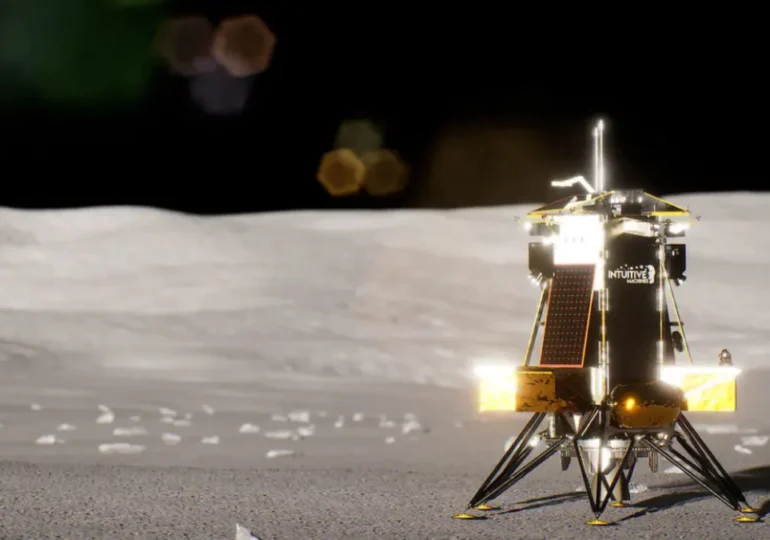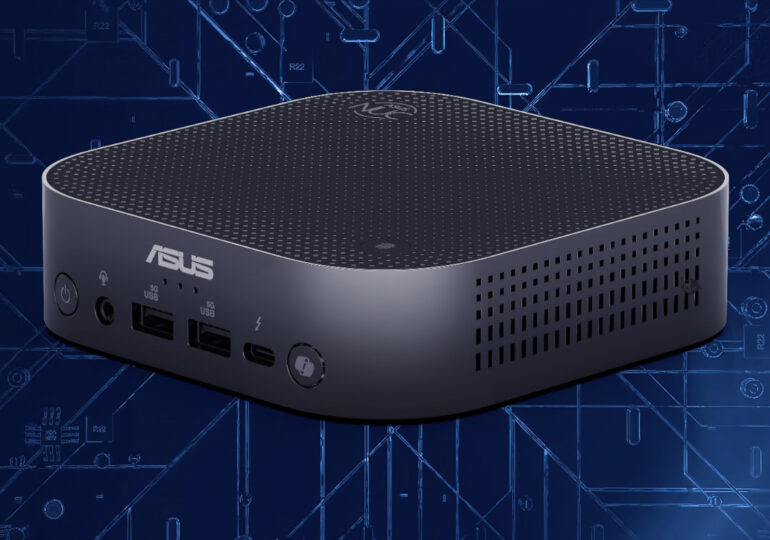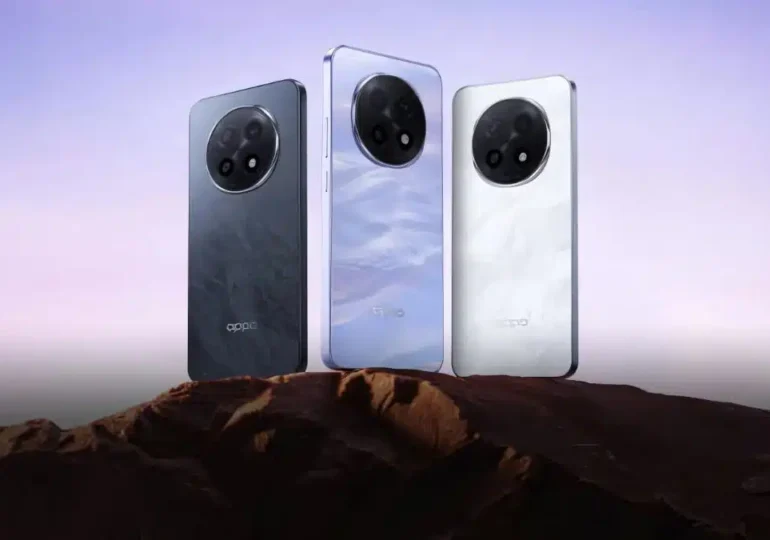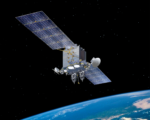Bengaluru Airport Set to Initiate Passenger Trials of Full Body Scanners: Report
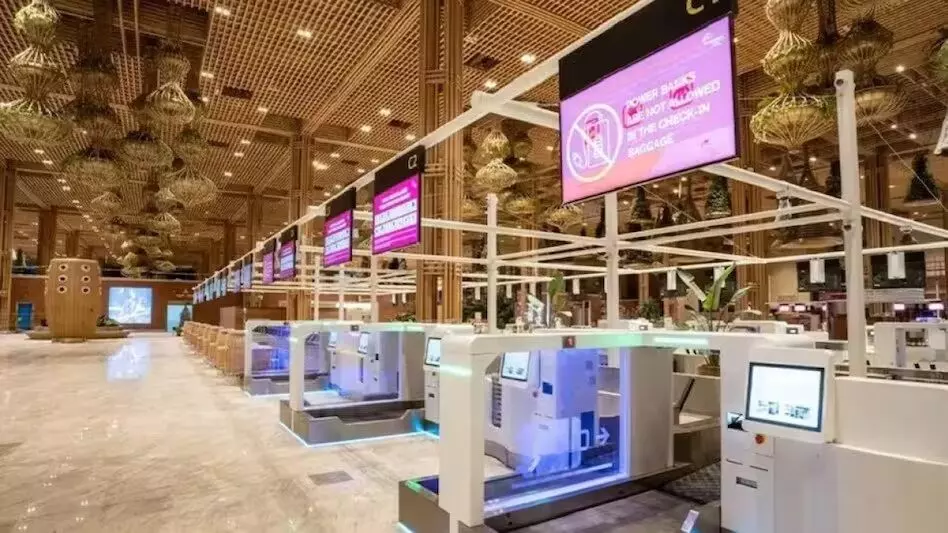
The CTX machines for full-body scanning will be deployed at Terminal 2 of the Kempegowda International Airport in Bengaluru.
Airport security in India asks passengers to remove all personal gadgets like mobile phones, tablets, and laptops from their hand baggage and place them separately in trays for a scan. While this is a necessary step to ensure that the devices are safe to be taken on an aircraft, it does pose considerable inconvenience for travellers. Not to mention, the time taken to remove devices from your bags and placing them in trays causes long queues at security check. The gadgets-in-tray security check process could, however, be slowly phased out at major Indian airports. According to a report, Bengaluru airport is planning to move away from the cumbersome security check system.
Travellers catching a plane at Terminal 2 of the Kempegowda International Airport, Bengaluru, will soon be able to proceed through security check with their devices inside their hang bags. A report in Money Control said that the airport would be the first in India to begin passenger trials of CTX (Computer Tomography X-ray) machines at the terminal by December. These CTX machines will be integrated with Automatic Tray Retrieval System (ATRS) and full-body scanners, which would allow passengers to carry their devices inside their handbags through security checkpoints.
According to officials of Bengaluru International Airport Limited (BIAL), which operates the Kempegowda International Airport, three full-body scanners have been set up at T2 to make the security check system more efficient. “Operators can rotate the view to look at the contents of bags, cutting down on re-checks and physical inspection. Also, the new system will reduce the number of trays required per person during security screening,” Satyaki Raghunath, Chief Operating Officer of BIAL, was quoted as saying in the report.

Aside from electronic gadgets, items that contain liquids, aerosols and gels would also not be required to be removed from bags at security check. This would cut down processing time at checkpoints and reduce the number of trays needed to go through security. Further, passengers would also not be required to go through a pat-down after walking through the metal detectors.
The new security check system will be implemented at T2, Kempegowda International Airport, in the coming weeks. While there is no word on when CTX machines would make their way to other major airports, the report said the Delhi airport had conducted trials earlier this year, as per a Delhi International Airport Limited (DIAL) official.
Earlier this year, Delhi International Airport Limited (DIAL) introduced the DigiYatra facility, leveraging facial recognition technology at all entry and boarding gates of Terminals 2 and 3 at the Indira Gandhi International Airport (IGIA) in New Delhi. DigiYatra is a biometric boarding system designed to reduce the time passengers spend on airport procedures. However, the implementation of such systems has sparked privacy concerns due to the collection of passenger data.


